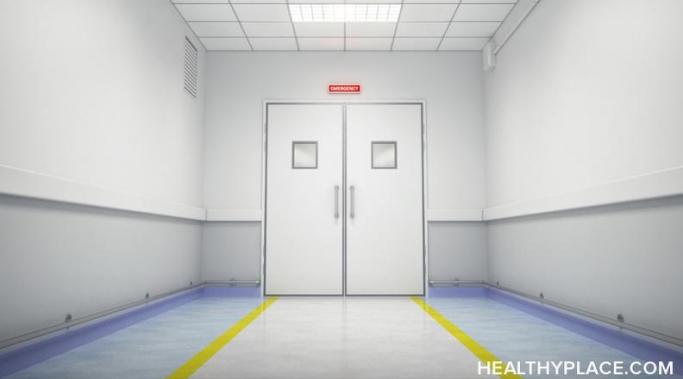If you believe that someone you care about is at risk for suicide, you may feel worried, helpless, or unsure how to help (Understanding and Helping the Suicidal Person). If that person is you, chances are that you might not even feel like you do care about yourself, or that anyone cares about you. But, the truth of the matter is that even if it doesn't feel like it, someone does care very much. Suicidal thoughts have an uncanny ability to shut out any positive thought processes and make the suicidal person believe, falsely, that his or her life does not matter.
Bipolar Disorder – Mental Health Treatmeant Circle
It is no secret that the holidays are stressful for everyone, however, for someone with a mental health disorder, they can be derailing. All of the additional activity and added responsibilities can prove to be too much excitement, or can cause the development of additional challenges for those with various mental health diagnoses. Here are some things that come about during the holidays that can make it especially hard for those who are struggling with a mental health disorder.
If you or a loved one have been diagnosed with bipolar disorder, you are more than familiar with the complications that arise on a regular basis. The extreme shifts in mood, ranging from mania to depression, can be exhausting and, if not properly managed, can pave a path of destruction in the individual’s life. In general, the goal of bipolar disorder treatment is to stabilize mood swings and prevent the highs and lows associated with bipolar disorder that put the patient, and those around him/her, at risk. But what happens when things go awry?
I know that, to some individuals, it may be hard to believe that anyone who has had thoughts about ending his or her own life may not meet the requirements needed to be admitted into an inpatient mental health program. However, there is a distinct difference between suicidal thoughts and being actively suicidal (Going From Suicidal Thoughts To A Suicide Attempt). Individuals who are actively suicidal have actually taken steps to end their own lives and may have plans laid out. On the other hand, those with suicidal ideation tend to just have fleeting thoughts about taking their own lives, but no real plan.
Doctors are experts in their field and, as such, when they give us a diagnosis of a mental health disorder like bipolar disorder, we believe them. However, doctors aren’t perfect and, unfortunately, there are times when an individual may be misdiagnosed. Some research indicates that less than half of individuals diagnosed with bipolar disorder actually meet the diagnostic criteria when assessed by a structured clinical interview.




